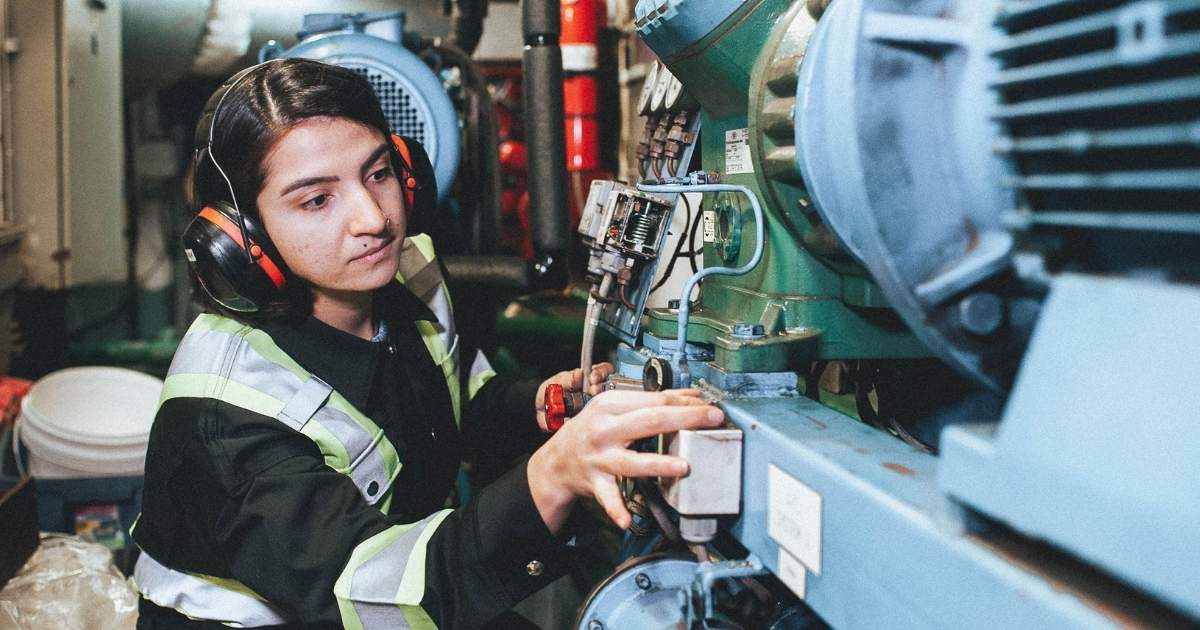This privates pay.The problem is there isn’t a 3 month technician set up. Most trades are set up the way they are for a reason. Excluding our big stupid amalagated trades getting competent workers isn’t a matter of training on ‘one thing’.
Say there is 4 parts to said job and it takes a year to become proficient. You can’t just break said job into 4 x3 month parts as to understand how to do it you actually need 6-9 months to get a baseline. At which point it makes more sense to train to the full standard.
Teaching a small part of it really doesn’t go very far as you lack the comprehension required to be effective at said job. Plus you can’t really afford to have enough workers on say a ship or base to make that a viable strategy (cost wise or manning wise, ships have limited space).
Usually people get ‘specialized’ in a certain piece of equipment anyways, the issue is more that the moment people are useful at fixing equipment they are removed from fixing equipment. In many cases they weren’t even given the time to become proficient before getting removed which then turns into the blind leading the blind. Or like when I was in you weren’t being trained or led just being thrown overboard and seeing if you can swim on your own.
The other option is they release before they become competent (I did this myself), but that isn’t something that is fixed by training rather working conditions and giving people a reason to stay in.
Remember a apprentice makes 30$+ a hour for many trades hard for the CAF to compete with that.
[th]
1
[/th][th]2
[/th][th]3
[/th][td]
$3,614
[/td][td]$4,413
[/td][td]$5,304
[/td]Corporal or Sailor 1st Class – Standard
Basic monthly pay and annual pay increments 1 through 4, effective April 1, 2024.
Basic monthly pay and annual pay increments 1 through 4, effective April 1, 2024.
[th]
Basic pay (monthly)
[/th][th]1
[/th][th]2
[/th][th]3
[/th][th]4
[/th][td]
$6,069
[/td][td]$6,175
[/td][td]$6,279
[/td][td]$6,383
[/td][td]$6,4932
[/td]Honestly not bad money overall. Starting is a bit low on the $20hr as a untrained Pte. $37 hr as a Cpl 4. Not to shabby for pay that comes in every two weeks (unless on Phoenix) with decent benefits.



